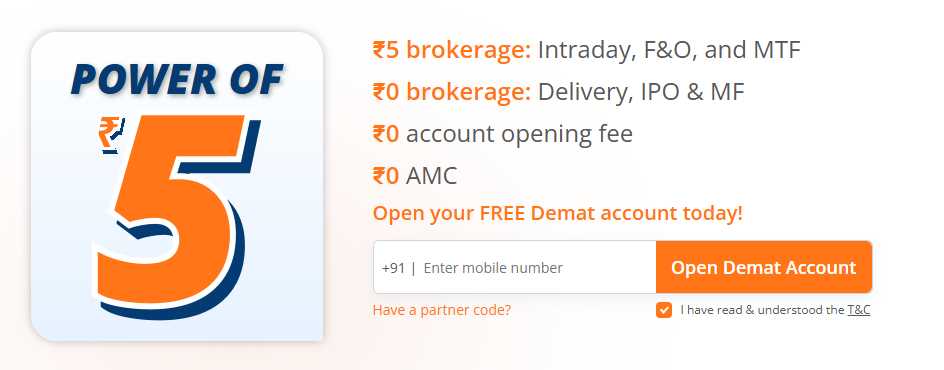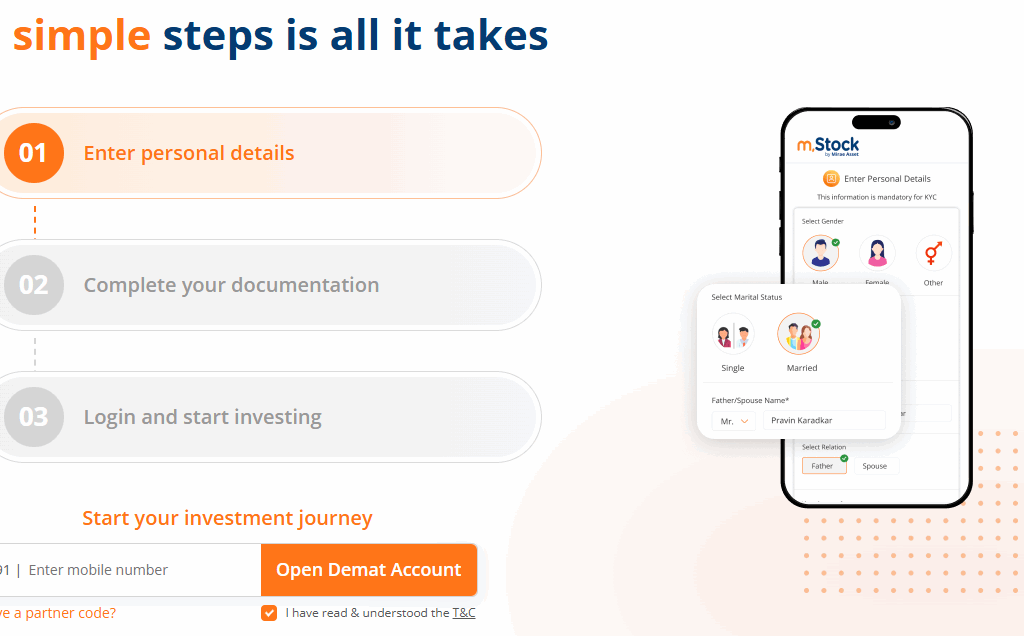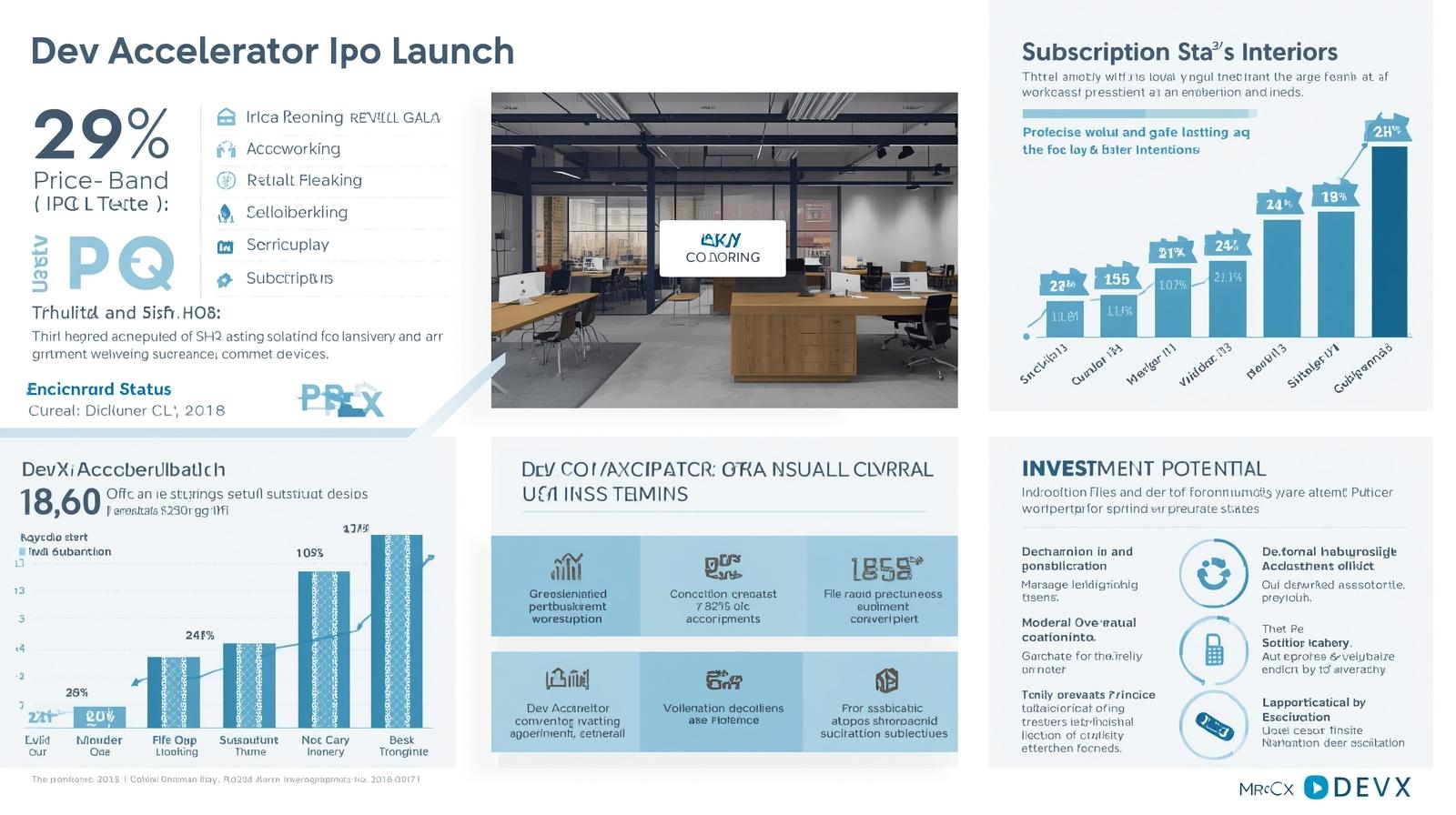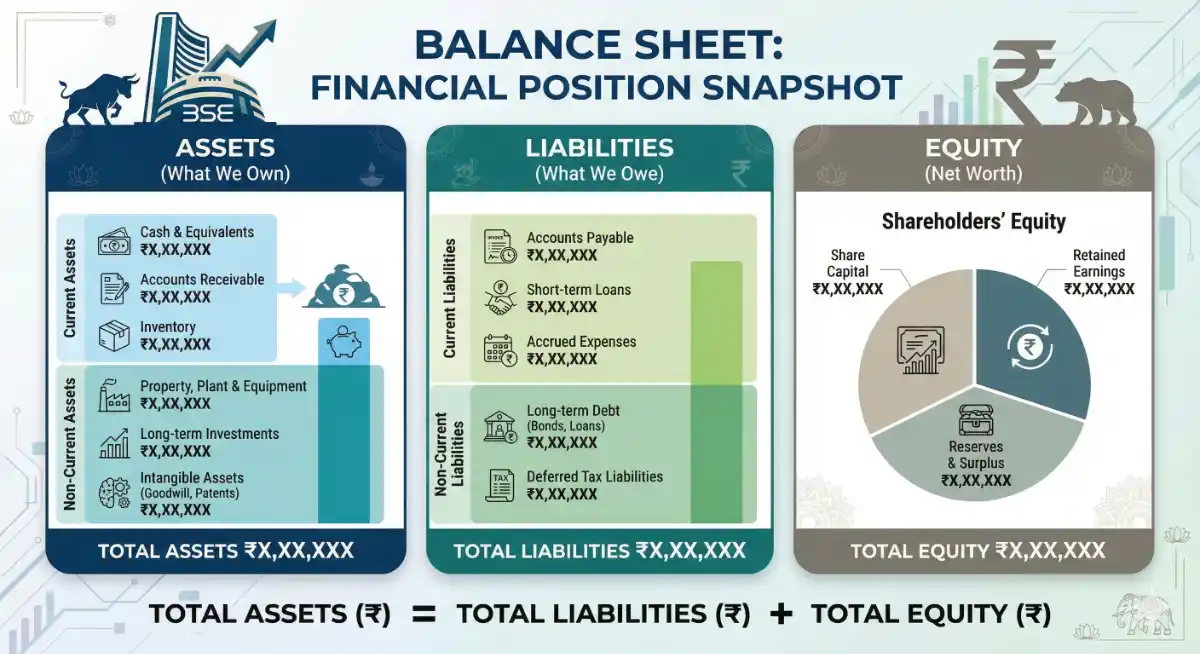It was Friday evening, and all five friends — Raj, Dhaval, Nitin, Himmat, and Nikhil — met at their regular café after work. The place wasn’t fancy, but it had the best atmosphere for long discussions. Today, they were determined to understand something that confuses even many traders:
Corporate Actions — Bonus, Split, and Rights Issue
They took their seats, ordered their usual Chai, and the conversation began.
☕ Why Corporate Actions Matter Corporate Actions — Bonus, Split, and Rights Issue
Dhaval said,
“Before we start with bonus and split, can someone explain why companies take these actions? Why not just keep things simple?”
Raj, replied with a thoughtful tone:
“Corporate actions are like tools. A company uses them to manage its stock price, raise funds, reward shareholders, or improve liquidity. Every action has a purpose.”
Nikhil: “So corporate actions aren’t random?”
Raj: “Not at all. They’re strategic.”
The foundation was set. Now, the real learning started.
1️⃣ BONUS SHARES: Corporate Actions — Bonus
Nitin opened his diary and said,
“Bonus shares — I get the concept, but I don’t understand why companies give them.”
Himmat, who always looked at things logically, replied,
“Think of bonus as a company saying — ‘We have enough reserves. Instead of keeping them locked, let’s convert a portion into share capital and distribute it among investors.’”
Dhaval: “Exactly. They don’t spend cash. They just reclassify money.”
Raj added deeper insight:
“Investors usually think bonus means profit. But bonus changes quantity of shares, NOT the company’s market cap.
If earlier 1 share was worth ₹1000, after a 1:1 bonus, 2 shares will be worth around ₹500 each. The value remains same.”
Nikhil: “But then what’s the real benefit?”
Then came the important part.
Raj explained:
- More shares = more liquidity
- Lower price attracts more retail buyers
- Trading volume increases
- Market perception improves
- It signals confidence from management
Nitin: “So bonus shares help the market, not instantly the investor?”
Himmat: “Correct. Bonus is long-term friendly, not quick money.”
The group silently realized how misunderstood the concept was.
2️⃣ STOCK SPLIT: Corporate Actions — Split
The waiter placed fresh cups of tea in front of them.
Nikhil: “Okay, what about stock split? How is it different from bonus?”
Raj answered in a patient tone:
“Bonus is distribution of reserves.
Split is division of one share into multiple smaller shares.”
Dhaval jumped in:
“Split reduces face value. Example:
Face value ₹10 → Stock Split 1:10 → New face value ₹1
Your 1 share becomes 10 shares.”
Nitin: “So companies use split to make the share cheaper?”
Himmat replied:
“Not actually cheaper… more accessible.
A ₹5,000 stock looks expensive even if the company is fundamentally strong. Many small investors prefer stocks below ₹500.
So split increases participation.”
Nikhil: “Does the company benefit?”
Raj:
“Yes. Higher participation leads to more stability, better liquidity, and sometimes more long-term supporters.”
Dhaval: “Split also helps reduce volatility in some cases.”
The conversation went deeper when Nitin asked:
“But why don’t all companies split their shares?”
Raj explained the strategic side:
“Some companies want their share price to remain premium. It creates a perception of exclusivity.
Companies like MRF rarely split because their high price is part of their brand identity.”
Everyone laughed imagining owning one MRF share.
3️⃣ RIGHTS ISSUE: Corporate Actions — Rights Issue
Nikhil: “Rights issue still feels complicated. Explain it slowly.”
This time Raj started with a story-like explanation, but still practical:
“Imagine you invested in a company early. Now the company needs funds to expand — new plant, new project, debt repayment, anything.
Instead of taking loan, the company asks YOU —
‘Would you like to buy more shares at a discounted price?’
This offer is called rights issue.”
Himmat:
“So company gets money. We get discount. Win-win?”
Dhaval:
“Yes. But it depends. You must check why company needs funds. A rights issue for expansion is good. But rights due to financial trouble is risky.”
Nitin: “Give an example so I understand clearly.”
Raj:
“Suppose you have 400 shares.
Company announces Rights 1:4 @ ₹200.
Means: For every 4 shares you hold, you can buy 1 share at ₹200.”
Nikhil: “What if market price is ₹350?”
Dhaval: “Then you get shares at ₹200. Clear profit.”
Then the group discussed oversights investors make.
Himmat: “Many retail investors ignore rights because they think it’s complicated.”
Raj: “Correct. And they miss good opportunities.”
Nitin: “What happens if I don’t apply?”
Raj: “Nothing. You just miss the benefit. Your existing shares remain same.”
This led to another deeper point.
Nikhil: “Why does a company prefer rights instead of FPO or loan?”
Dhaval: “Because rights issue is cheaper, trusted, and shows loyalty to existing shareholders. Company says:
‘You supported us. You get first opportunity.’”
Everyone appreciated the fairness behind rights issue.
☕ How Investors Should Read Corporate Actions
After an hour of discussion, they started concluding the learnings.
Nitin: “So, in summary — bonus and split don’t give instant gain?”
Raj: “Exactly. They restructure shares.”
Himmat: “Rights issue may give instant gain, but depends on company’s reason for raising funds.”
Dhaval: “So corporate actions tell us the company’s intention and confidence level.”
Nikhil: “Investors must read the company’s financial health before reacting.”
The group realized something very powerful —
Corporate actions show the company’s strategy, not just price changes.
🎯 Final Learning Summary:
- Bonus shares: Increase total shares; price adjusts; improves liquidity.
- Stock split: Makes shares affordable; increases investor participation.
- Rights issue: Offers shares at discount; helps company raise funds.
- Investors must check the company’s purpose behind each action.
- Corporate actions don’t make you richer instantly — they shape long-term value.
The café lights dimmed as they ended their long discussion, but their understanding of the market became brighter than ever.
Course Introduction
🌟 Coming Up in Lesson 10 :Dividends & Earnings
✅ Dividend
✅ Buyback
✅ OFS
You Can visit:
Open Demat Account
by Mirae Asset (m,Stock)


-
The Tariff Tussle: Decoding the Legal Challenge to Executive Trade Power
Supreme Court| Tariffs| Trade War 2026| Donald Trump| IEEPA| Section 301| US Economy| Import Duties| Constitutional Law| Reciprocal Trade Act…
-
The 2025-26 Market Journey: From All-Time Highs to the “Retail Trap” Panic
Indian Stock Market Performance 2025-26| Nifty 50 Returns FY26| Why is Market Falling Feb 2026| Hold or Sell Indian Stocks|…
-
Indian Stock Market Update Feb 20: Nifty Reclaims 25,550, Sensex Jumps 316 Pts Amid Global Cues
Indian Stock Market Update Feb 20| Nifty 50 today| Sensex closing| Top gainers and losers Market Snapshot: The Bulls Fight…
-
Indian Stock Market Today: Bulls Charge Ahead as Sensex and Nifty Rally on Banking & IT Strength
# Indian Stock Market Today: Sensex and Nifty Close Higher Amid Broad-Based Buying ## Indian Stock Market Report – Updated…
-
🚨 YouTube Home Page Error 2026: ‘Something Went Wrong’ – Causes, Fixes & Full Breakdown
🚨 YouTube Home Page Error 2026: ‘Something Went Wrong’ – Causes, Fixes & Full Breakdown Trending Keywords: YouTube down, YouTube…
-
Global Market Update 2026: Equities, Commodities, and Indian Rupee Outlook
Comprehensive 2026 global market update covering equities, commodities, bond markets, US Dollar trends, and detailed Indian Rupee outlook with investment themes and risks.



